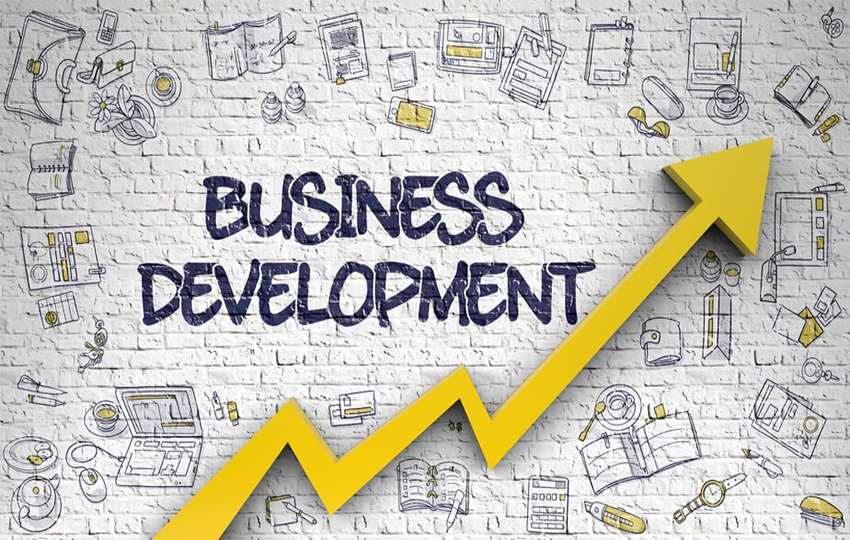5 Ways Organizations Inhibit Idea Generation
Organizations in recent times are beginning to realize that their source of Competitive Advantage may no longer lie in their technologies, machines, processes, or their financial clout but on the capabilities of their employees.
The idea generation process in organizations' should be deliberate and supported by the C-Suite. As an organization-wide strategy, employees at every level in the organization should be involved in the process.
In this article, I have identified some ways that organizations are inhibiting their employees' ability to generate sound ideas, I have also mentioned some strategies that will help them encourage idea generation across board.
Organizations may be inhibiting the Idea generation process in the following ways:
1. Not accepting ideas from Employees
Organizations may be so rigid that they refuse to accept or implement any new idea that comes from employees at a certain level in the organization. This may occur if the management team feels that the employee who generated the idea is not knowledgeable or experienced enough to come up with an idea that can move the organization forward. This notion may be wrong because a lot of organizations have received great ideas from lower ranking employees. Employees at all levels should be given the chance to 'think', suggest ideas and good ideas should be implemented regardless of the source.
Click to Get Certified in Risks & Operations Management.
2. Implementing ideas without acknowledging the originator
This is one practice in organizations that can demoralize employees. There have been several occasions when an employee generates a very laudable idea that would help the organization either increase profitability or reduce cost significantly, then the organization implements it without acknowledging the employee. It is very unlikely that an employee in this situation will share another idea in the future. Organizations need to ensure that the originators of commendable ideas are recognized and rewarded appropriately.
Click to Get Certified in Product Development & Management Processes.
3. Not encouraging employees to generate ideas
Organizations need to be more deliberate about how ideas are generated internally. One way to encourage idea generation is to have strategies or goals that focus on generating ideas. For example, an organization may create a reward and recognition strategy around idea generation, or the organization may have a target number of ideas to be generated in a month, a quarter or in a year. Infusing idea generation into performance expectations is also another good way of encouraging employees to deliberately generate ideas.
Learn Business Development Here.
4. Blaming employees when an idea fails
Creating an environment where failure of an idea is not a punishable offense will encourage employees to generate ideas. Organizations need to be more supportive of the idea generation process by accepting that ideas may fail no matter how good they may seem. One way organizations can avoid huge losses that may arise from implementing a wrong idea is to run a pilot project, test-run the idea in a controlled environment before scaling.
5. Managers who feel threatened by their teammate's ideas/Potentials
Managers play a very key role in the idea generation process in organizations. It is not uncommon to see managers who feel threatened by the presence of a high potential employee on their team, such managers could go to any length to stifle the efforts of their teammates. Organizations need to reward managers who support the growth and development of their teammates, this will go a long way in creating an atmosphere that fosters idea generation. Organizations must also ensure that there is a healthy relationship between managers and employees in the various departments.
Ideas have the power to transform organizations and ideas can come from any level in the organization. Hence, the C-Suite needs to create a healthy climate in the organization where idea generation is supported and encouraged.
About the Author
Obaro Aziza is an HR professional with specialties in Learning and Development, Training Facilitation, Talent Acquisition, Business Partnering, Performance Management, Talent Management, HR and Business Consulting, Business Development, Strategy, Business Analysis, Business writing.
You can reach him on LinkedIn here.







